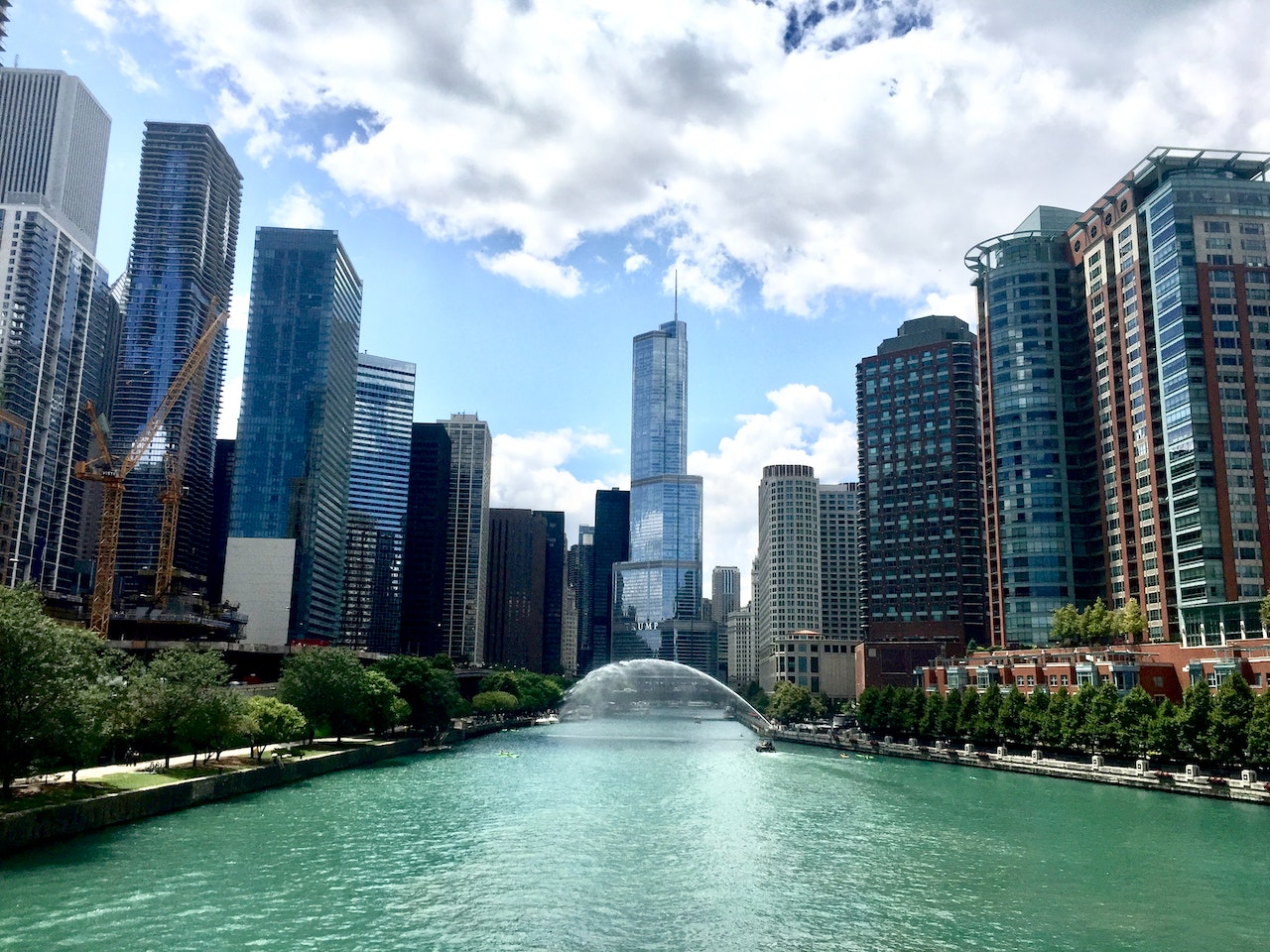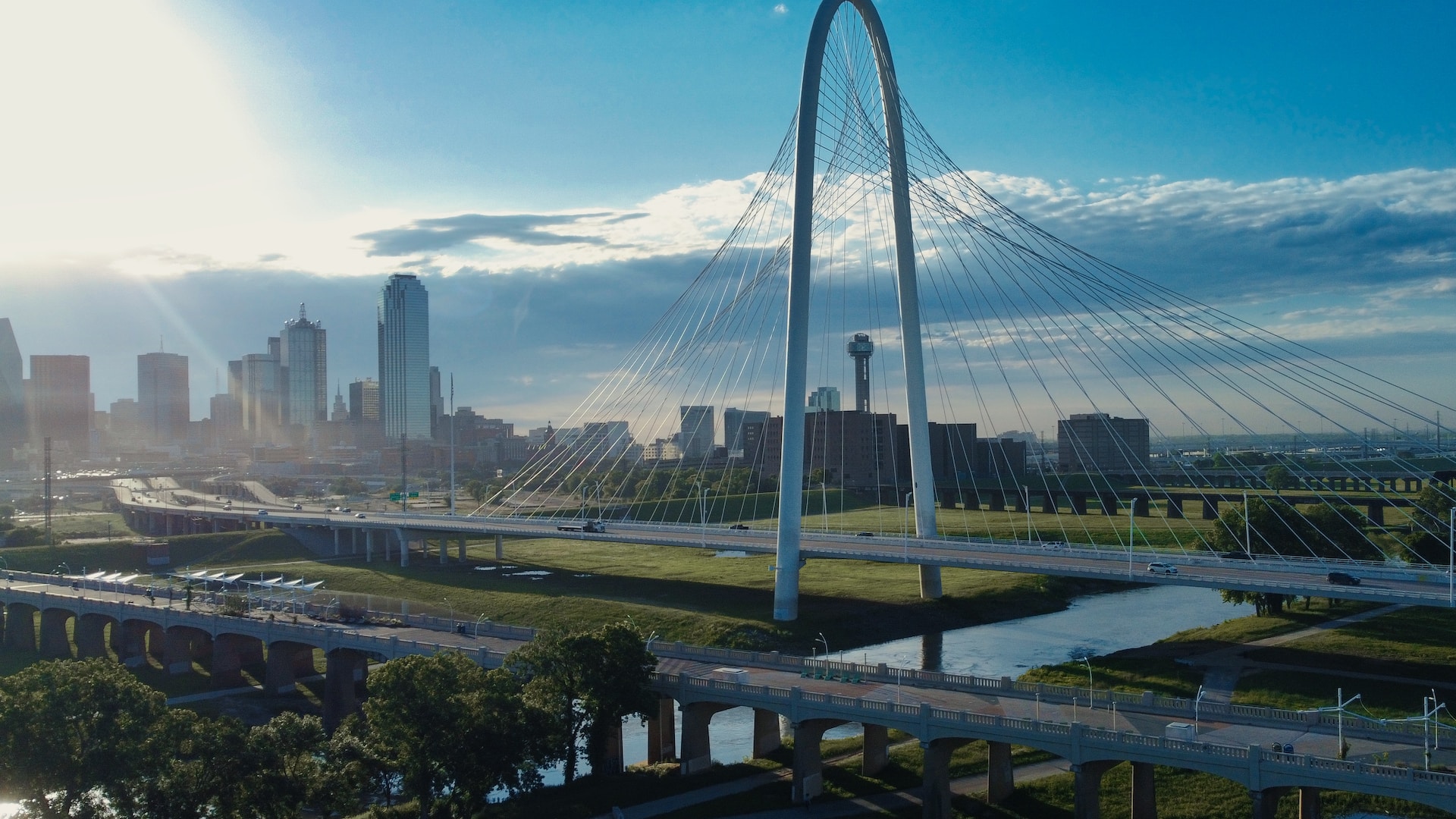Welcome to the lively city of Chicago, Illinois! Known as the “Windy City,” Chicago offers a unique blend of urban energy and Midwestern charm. From its stunning architecture and world-class museums to its vibrant culinary scene and thriving arts community, Chicago has something for everyone. Whether you’re drawn to the bustling downtown area or prefer the quieter neighborhoods, this moving guide will provide you with essential information to make your relocation to the vibrant city of Chicago a smooth and enjoyable experience.
Pros and Cons of Living in Chicago:
Living in Chicago comes with its own set of pros and cons. On the positive side, the city offers a diverse and dynamic cultural scene. It is home to renowned museums like the Art Institute of Chicago, theaters such as the iconic Chicago Theatre, and numerous music festivals throughout the year. The city’s famous skyline, with architectural gems like the Willis Tower and the John Hancock Center, adds to its aesthetic appeal. Additionally, Chicago has a strong job market, particularly in industries such as finance, technology, healthcare, and education.
On the flip side, winters in Chicago can be harsh, with cold temperatures and heavy snowfall. The cost of living, including housing prices and taxes, can be relatively high compared to other cities. It’s important to consider these factors and find the right balance between the city’s vibrant offerings and the practical aspects of daily life.
Tax Rates in Chicago:
When it comes to taxes in Chicago, Illinois, it’s important to note that the state has a flat income tax rate. As of the knowledge cutoff in 2021, the individual income tax rate in Illinois is 4.95%. However, it’s essential to consult with a tax professional, use a reputable free tax filing software or refer to the official tax authorities to get the most up-to-date and accurate information regarding tax rates and any specific deductions or credits that may apply to your situation.
Cost of Living in Chicago:
Living in Chicago offers a range of affordability depending on the neighborhood you choose. Overall, the cost of living in Chicago is considered relatively moderate compared to other major cities in the United States. While housing costs can vary greatly depending on the area, there are both affordable and upscale options available. The city also offers a diverse range of dining and entertainment choices, accommodating different budgets. Transportation costs, including public transit and car ownership, are generally reasonable. It’s worth noting that certain neighborhoods, particularly those closer to downtown, may have a higher cost of living. It’s important to research and explore various neighborhoods to find the right balance between affordability and the amenities you desire.
Public Transportation in Chicago:
Chicago boasts an extensive public transportation system that makes getting around the city convenient and efficient. The Chicago Transit Authority (CTA) operates the “L” train system, which serves both the downtown area and many neighborhoods. The “L” is complemented by an extensive network of bus routes that cover the entire city. The public transportation system is known for its affordability, with options for single-ride fares, unlimited daily passes, and monthly passes. The city’s transportation system also includes Metra, a commuter rail service that connects downtown Chicago with the surrounding suburbs. With a well-developed public transportation network, residents have convenient options for commuting, exploring the city, and avoiding traffic congestion.
Traffic and Transportation in Chicago:
Chicago is a bustling city, and traffic can be a challenge during peak hours. The downtown area, in particular, experiences heavy traffic, especially during morning and evening commutes. It’s important to plan your travel accordingly and consider alternative transportation options, such as public transit, biking, or walking. The city has designated bike lanes and a bike-sharing program, making cycling a viable mode of transportation.
Additionally, ride-sharing services and taxis are widely available for shorter trips or when you prefer a more direct mode of transportation. While traffic congestion can be frustrating, familiarizing yourself with alternative routes, utilizing public transportation, and being aware of peak hours can help you navigate the city more efficiently.
Weather and Natural Disasters in Chicago:
Chicago experiences distinct seasons, with hot summers and cold winters. Summers are usually warm and humid, with temperatures reaching the 80s and 90s Fahrenheit (25-35 degrees Celsius). Winters can be harsh, with temperatures dropping below freezing and significant snowfall. It’s important to be prepared for cold weather by having appropriate clothing and taking necessary precautions. As for natural disasters, while Chicago is not prone to major earthquakes or hurricanes, severe thunderstorms and tornadoes can occur. Staying informed about weather alerts, following safety protocols, and having an emergency plan in place are crucial to ensure the well-being of residents.
The Job Market in Chicago:
Chicago boasts a diverse and robust job market, offering opportunities in various industries. The city is a major financial hub, with a strong presence of banking and insurance companies. It is also known for its manufacturing sector, particularly in the areas of machinery, food processing, and transportation equipment.
Additionally, Chicago is home to leading healthcare institutions, universities, and research centers. The city’s vibrant arts and cultural scene contributes to a thriving creative economy. Furthermore, the technology sector is rapidly growing, attracting startups and entrepreneurs. Chicago offers a wide range of career opportunities, and networking, leveraging online job platforms, and connecting with industry-specific organizations can help job seekers tap into the city’s job market and find exciting prospects.
Diversity and Demographics in Chicago:
Chicago is a diverse city with a rich multicultural fabric. It is home to a blend of cultures, ethnicities, and communities, contributing to its vibrant social landscape. The city has significant populations of African Americans, Hispanics, Asians, and Europeans, among others. Various neighborhoods in Chicago reflect the cultural heritage of these communities, offering unique experiences and diverse culinary options. Embracing diversity and fostering inclusivity are central values in the city, with many cultural festivals, events, and community organizations promoting multicultural understanding and appreciation.
What to Do and Where to Go in Chicago:
Chicago offers a plethora of attractions and activities for residents and visitors alike. Start by exploring the iconic Millennium Park, which features the famous Cloud Gate sculpture, known as “The Bean,” and hosts outdoor concerts and events throughout the year. The Art Institute of Chicago is a must-visit for art enthusiasts, housing an extensive collection of masterpieces from around the world. Navy Pier is a popular destination for entertainment, featuring amusement rides, boat tours, and fireworks displays. Sports fans can catch a game at iconic venues like Wrigley Field (home of the Chicago Cubs) or the United Center (home of the Chicago Bulls and Blackhawks). Don’t miss out on exploring the vibrant neighborhoods of Chicago, such as Wicker Park, Lincoln Park, and the trendy West Loop, each offering a unique atmosphere, dining options, and shopping experiences.
Schools and Universities in Chicago:
Chicago is home to a range of educational options, including both public and private schools. The Chicago Public Schools (CPS) is the third-largest school district in the United States, providing education to a diverse student population. The city is also known for its prestigious universities and colleges. The University of Chicago, located in the Hyde Park neighborhood, is renowned for its academic programs and research contributions. Northwestern University, situated in nearby Evanston, is another top-tier institution known for its strong academic offerings. Additionally, Chicago has several community colleges and specialized schools that cater to various fields of study. Whether you’re looking for primary education or higher studies, Chicago offers a wealth of educational opportunities.
Crime in Chicago:
Chicago, like any major city, faces certain crime challenges. It’s important to be aware of your surroundings and take necessary precautions to ensure personal safety. While crime rates vary across different neighborhoods, the city has implemented measures to address crime and improve public safety. The Chicago Police Department (CPD) works diligently to maintain law and order and provides resources and information to help residents stay safe. Researching and understanding the safety profile of specific neighborhoods can assist in making informed decisions when choosing a place to live.
Utility Providers in Chicago:
When moving to Chicago, it’s essential to set up your utility services. The main utility providers in the city include Commonwealth Edison (ComEd) for electricity, Peoples Gas for natural gas, and the Department of Water Management for water services. It’s important to contact these providers and set up your utilities before or shortly after moving to ensure a seamless transition. Additionally, the city offers recycling and waste management services, and information about the schedules and guidelines can be obtained from the city’s official website.
Neighborhoods of Chicago:
Chicago is a city of diverse neighborhoods, each with its own distinct character and charm. The Loop, located in downtown Chicago, is the city’s central business district and offers a vibrant urban atmosphere with iconic skyscrapers and cultural attractions. Lincoln Park is known for its beautiful parks, tree-lined streets, and proximity to the Lincoln Park Zoo and the lakefront. Wicker Park and Bucktown are trendy neighborhoods filled with art galleries, vintage shops, and a thriving nightlife scene. The Gold Coast is synonymous with luxury and elegance, featuring upscale residences and high-end shopping along the Magnificent Mile. Other popular neighborhoods include Lakeview, Logan Square, and Hyde Park, each offering its own unique blend of residential charm and amenities.
Moving to Chicago:
Moving to Chicago presents an exciting opportunity to immerse yourself in a city that seamlessly combines big-city amenities with a friendly Midwestern spirit. With its diverse neighborhoods, thriving job market, and rich cultural offerings, Chicago has something to offer everyone. However, it’s essential to plan your move carefully, considering factors such as housing options, transportation, and weather conditions. Researching neighborhoods and understanding their unique characteristics can help you find the perfect place to call home. Embrace the city’s love for sports, deep-dish pizza, and blues music as you embark on your new chapter in the Windy City.



